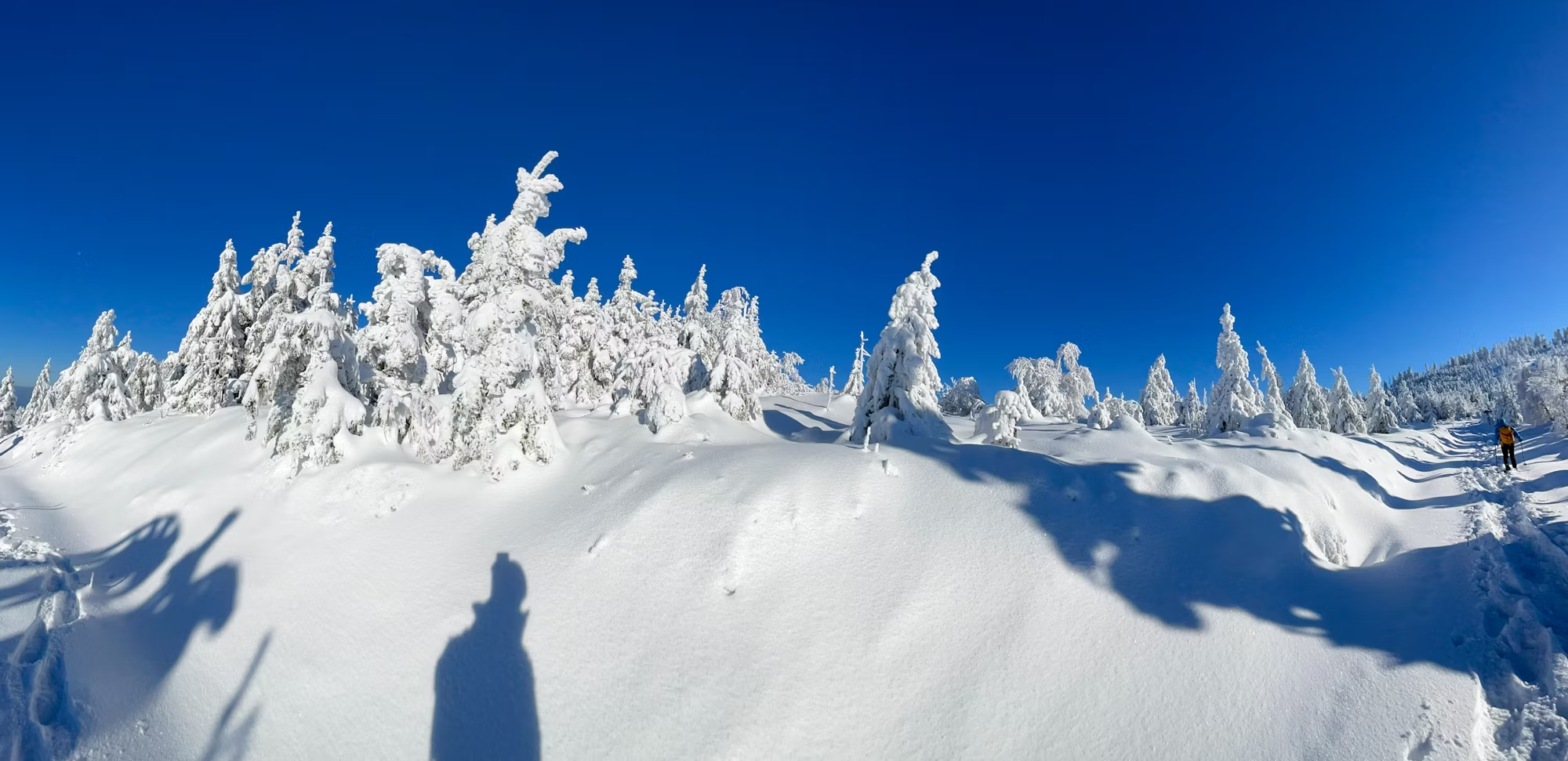Backpacking is a thrilling way to explore the great outdoors, offering an opportunity to disconnect from daily life and immerse yourself in nature. Unlike day hikes, backpacking involves carrying all the necessary gear for multi-day trips, allowing adventurers to venture deeper into the wilderness. This article will cover the essentials of backpacking, including planning your trip, selecting gear, and tips for a successful outdoor adventure.
The Appeal of Backpacking
Backpacking combines the physical challenge of hiking with the excitement of camping, making it a favorite activity among outdoor enthusiasts. One of the main appeals of backpacking is the freedom it offers. You can explore remote locations, discover hidden trails, and experience the beauty of nature without the constraints of a day trip. Additionally, spending multiple days in the wilderness allows you to fully immerse yourself in the environment, observe wildlife, and enjoy stunning landscapes at a leisurely pace.
Another significant benefit of backpacking is the sense of accomplishment that comes with it. Reaching a campsite after a long day of hiking, setting up your tent, and enjoying a meal under the stars creates unforgettable memories. The camaraderie formed with fellow backpackers, whether friends or strangers, adds to the experience, as you share stories around the campfire and navigate the challenges of the trail together.
Planning Your Backpacking Trip
Before you hit the trails, proper planning is essential for a successful backpacking adventure. Here are some steps to consider:
Choose Your Destination
Selecting a destination that matches your skill level and interests is crucial. Research various trails and parks, considering factors such as terrain, elevation gain, and distance. Popular backpacking destinations include national parks, wilderness areas, and scenic trails known for their breathtaking views and diverse landscapes. Websites and guidebooks can provide valuable information about trail conditions and highlights.
Create an Itinerary
Once you’ve chosen a destination, create a detailed itinerary outlining your planned route, daily mileage, and estimated hiking times. Consider the difficulty of the trail and allow for rest breaks, especially on more challenging sections. Be sure to include contingency plans in case of unexpected weather or trail conditions.
Essential Backpacking Gear
Having the right gear can significantly enhance your backpacking experience. Here are some essential items to pack:
Backpack
A quality backpack is the foundation of any successful backpacking trip. Choose a pack that fits comfortably and has enough capacity to hold your gear without being too heavy. Look for features such as adjustable straps, multiple compartments, and hydration compatibility. A pack with a capacity of 50 to 70 liters is typically ideal for multi-day trips.
Shelter
A reliable tent or hammock is crucial for a comfortable night’s sleep. When selecting a tent, consider factors such as weight, ease of setup, and weather resistance. For solo backpackers, lightweight tents or bivy sacks are excellent options, while larger groups may prefer a spacious family tent. Make sure to pack a sleeping bag rated for the expected temperatures and a sleeping pad for insulation and comfort.
Cooking Equipment
Preparing meals in the wilderness requires efficient cooking gear. A compact camping stove, lightweight cookware, and utensils are essential. Additionally, bring a reliable fuel source, such as propane or butane canisters. Pre-packaged meals, dehydrated foods, and snacks make for convenient and energy-boosting options during your hike.
Clothing
Packing the right clothing is vital for staying comfortable in changing weather conditions. Dress in layers, including moisture-wicking base layers, insulating mid-layers, and waterproof outer layers. Don’t forget a hat, gloves, and a buff or scarf for additional warmth. Choose durable, moisture-wicking fabrics that dry quickly to ensure you stay comfortable throughout your journey.
Navigation Tools
While many trails are well-marked, having navigation tools is essential. A detailed map and compass or a GPS device can help you stay on track and avoid getting lost. Familiarize yourself with your route before heading out, and consider downloading offline maps on your smartphone for easy access.
Tips for a Successful Backpacking Experience
To ensure a positive and enjoyable backpacking trip, keep the following tips in mind:
Start Slow
If you’re new to backpacking, begin with shorter trips to build your confidence and skills. Gradually increase the distance and difficulty of your hikes as you become more comfortable with the experience. This will help you learn how to manage your gear and understand your physical limits.
Practice Leave No Trace Principles
Preserving the environment is essential for future generations of backpackers. Follow Leave No Trace principles, which include packing out all trash, minimizing campfire impact, and respecting wildlife. Stick to designated trails and campsites to protect fragile ecosystems.
Stay Hydrated and Nourished
Maintaining proper hydration and nutrition is vital during backpacking trips. Carry a water filter or purification tablets to ensure a safe water supply from streams or lakes. Plan your meals to include a balance of carbohydrates, proteins, and fats for sustained energy throughout the day.
Be Prepared for Weather Changes
Weather in the wilderness can be unpredictable. Always check the forecast before your trip and pack accordingly. Be prepared for rain, wind, or sudden temperature drops by including extra layers and waterproof gear in your pack.
Embrace the Journey
Finally, remember that backpacking is about the journey as much as the destination. Take time to enjoy the scenery, connect with fellow hikers, and immerse yourself in the experience. Capture memories through photographs and keep a journal to document your thoughts and observations.
Conclusion
Backpacking offers a unique opportunity to explore the great outdoors while challenging yourself physically and mentally. With proper planning, the right gear, and an adventurous spirit, you can create unforgettable memories on the trails. Whether you’re traversing stunning landscapes or camping under a starlit sky, each backpacking trip can deepen your appreciation for nature and the thrill of adventure. So, pack your bag, choose your trail, and embark on your next multi-day hiking journey—it’s time to discover the wonders that await you in the wilderness.
